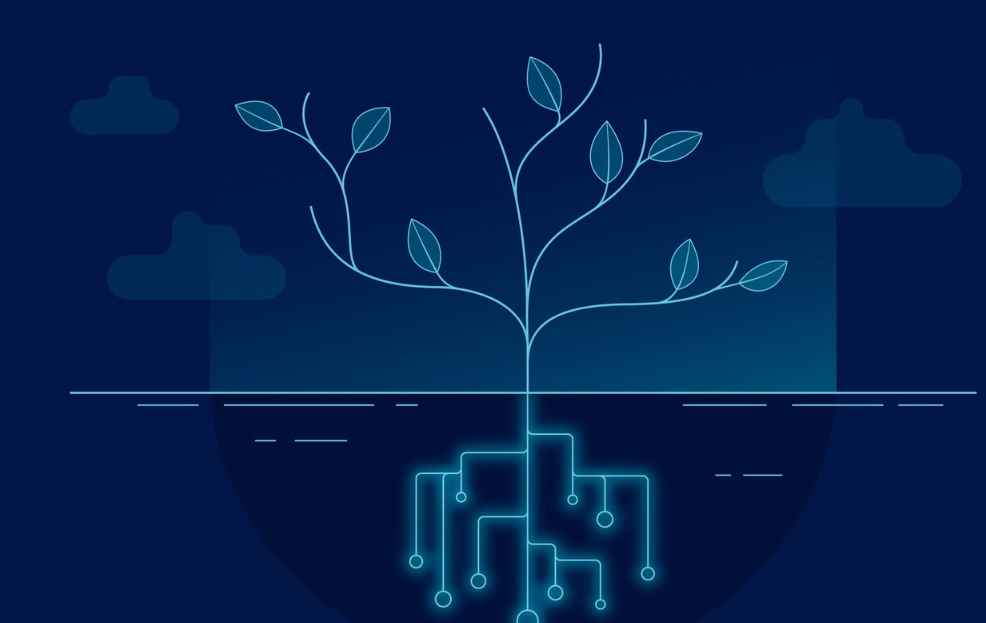In a world saturated with noise—both literal and digital—silence has become a scarce and coveted commodity. From constant notifications and background chatter to algorithmic recommendations and perpetual connectivity, modern life is designed for stimulation. Yet increasingly, individuals are paying for the one thing that used to be free and abundant: silence.
Welcome to an age where silence isn’t just a state of being—it’s a product.
The Noise Economy
The modern economy thrives on attention. Social media platforms, streaming services, advertisements, and even workplace tools are built to engage, notify, and interrupt. The result is a nonstop hum of activity that leaves little room for stillness.
Noise is no longer just environmental; it’s algorithmic. It follows you across devices, from the moment you wake up to the last flick of your screen at night. In this context, silence is not the absence of sound—it’s the absence of input.
The Rise of Paid Quiet
1. Noise-Canceling Tech
Headphones like Bose’s QuietComfort or Apple’s AirPods Pro market themselves not just by their sound quality, but by their ability to block out the world. Consumers are paying a premium not for what they hear, but for what they don’t.
2. Silent Retreats and Mindfulness Apps
Retreat centers now offer packages costing thousands of dollars for a few days of digital detox and complete silence. At the same time, apps like Headspace and Calm monetize guided moments of stillness, offering “premium” access to meditative silence.
3. Ad-Free Subscriptions
Many digital platforms offer a version of silence in the form of ad-free experiences. Whether it’s Spotify, YouTube, or news apps, users are willing to pay monthly fees just to reduce the noise of consumer culture.
4. Architectural Silence
Noise-proof apartments, quiet coworking spaces, and sound-insulated cafés are becoming real estate selling points. Urban silence is marketed as luxury—an amenity available only to those who can afford it.
Why Silence Matters
Silence has always held a certain power. It can be restorative, introspective, even revolutionary. In a time when distraction is default, silence becomes a tool for:
- Mental clarity
- Emotional regulation
- Creative thinking
- Deep focus
Neurologically, the brain thrives on periods of low stimulation. Studies suggest that even short breaks from noise can lower stress levels and improve cognitive function.
The Ethical Dilemma
The monetization of silence raises important questions. Should access to peace and quiet be reserved for those who can pay for it? Are we designing cities, technologies, and lives that inherently privilege noise—and then commodify its opposite?
When silence becomes a premium feature, it underscores how deeply imbalanced our environment has become. Instead of simply selling silence, could we design systems that respect it?
Toward a Culture of Quiet
Perhaps the next frontier in ethical design isn’t louder, faster, or smarter—but quieter. Imagine apps that pause to let you think, cities that dampen sound pollution, or workplaces that protect uninterrupted time.
Creating environments that honor silence isn’t just a personal preference—it’s a public good. In a hyperconnected world, the ability to disconnect, reflect, and simply be should be considered a right, not a luxury.
Conclusion
Silence is no longer passive. It’s intentional, curated, and, increasingly, expensive. As we hurtle toward ever more connected futures, the true innovation may lie not in adding more features, but in removing them. In doing less. In choosing quiet.
Because when silence becomes rare, it becomes valuable. And perhaps that’s the loudest message of all.


